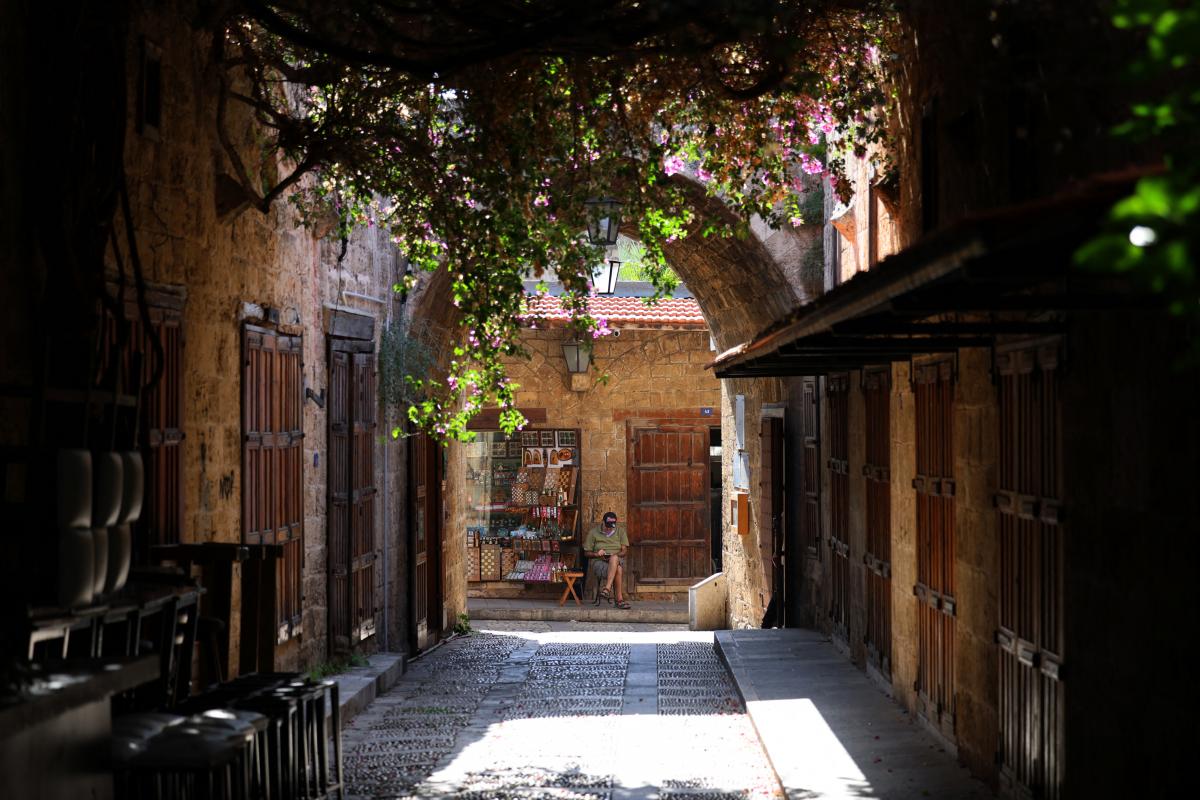In a country already grappling with overlapping crises in the environment, economy, and society, a new environmental crime has come to light, sending shockwaves through Lebanese public opinion. The NGO “Terre Liban” revealed, through its “Earth Police” platform, a shocking environmental massacre in the town of Blat, in the Jbeil district. The crime targeted religious endowment lands, where century-old trees were recklessly uprooted, the earth dug up and disfigured, and fertile soil sold off to cement factories, destroying the area's natural green cover.
This catastrophe is far from a mere incident. It constitutes a blatant violation of environmental laws, a blow to the region’s natural and cultural identity, and an assault on public and private property under legal protection. It raises urgent questions about the role of the state and local authorities in monitoring and holding violators accountable—and more broadly, about the fate of what remains of Lebanon’s natural environment.
1. What Happened in Blat – Jbeil?
According to available reports, the attack targeted land owned by religious endowments, supposedly protected both morally and legally. Yet that didn’t stop those responsible from executing a destructive scheme that involved:
Uprooting ancient trees that had taken decades, if not centuries, to grow and form a key part of the local ecosystem.
Ripping through the soil and selling it to cement plants for quick profit, at the environment and the public’s expense.
Entirely eradicating the area’s plant life, leading to gradual desertification, increased risk of landslides, and the stripping of the soil’s fertility.
2. The Crime’s Wider Impact
Environmental Consequences:
- The destruction of green cover disrupts the ecological balance and endangers biodiversity, a foundational element of any healthy environment.
- The sale of soil leads to land depletion, erosion, and future agricultural incapacity.
- Unregulated digging and excavation disfigure the geological structure, potentially destabilizing the area and increasing natural hazards.
Legal Violations:
These acts breach Environmental Law No. 444/2002, which mandates the protection of natural resources against arbitrary exploitation.
They may also violate religious endowment laws, especially if the land was used or sold without proper authorization and for personal gain.
Economic and Social Ramifications:
Turning green land into raw material for cement production benefits monopolistic interests at the public’s expense.
The disfigurement of the landscape reduces the land’s cultural and tourism value, deterring potential investors in sustainable projects.
3. Who Is Responsible?
The central question remains: Who is behind this crime?
In Lebanon, such environmental offenses often happen with the tacit approval—or outright complicity—of powerful individuals, municipalities, or public servants who either facilitate permits or turn a blind eye to illegal activity.
The lack of accountability and legal deterrence has allowed such acts to become routine. Environmental crimes in Lebanon rarely lead to arrests or prosecution, especially when financial and political interests are intertwined with religious or political power.
4. The Role of the Environmental Prosecutor
“Terre Liban” has called on the Environmental Prosecutor of Mount Lebanon to launch an immediate investigation. This demand must be met urgently for three key reasons:
- To ensure accountability and protect what remains of Lebanon’s environmental heritage.
- To prevent this crime from being repeated in other regions.
- To summon and prosecute all those involved—from perpetrators to beneficiaries—under the full weight of the law.
5. Lebanon’s Environment Is Not a negotiable item
At a time when Lebanon’s vital sectors are collapsing, the environment remains the silent victim, ravaged by illegal quarries and crushers, intentional wildfires, and chaotic construction on public and private lands.
Yet Lebanon’s environment does not belong to the powerful and well-connected. It is a collective legacy and a right for future generations. That is why responsibility lies with:
- The state and its oversight institutions
- The judiciary, by strictly enforcing environmental laws
- Civil society, which must continue to expose such crimes and demand justice
- The media, which must treat environmental issues as matters of public interest, not just passing news
What happened in Blat – Jbeil is not an isolated incident. It is a documented crime against the land, the people, and the national identity. While the damage has been done, the fight is far from over. Accountability is a duty, and both civic and legal action are essential. Because once we lose our environment, it cannot be bought back.
Please post your comments on:
[email protected]
 Politics
Politics













